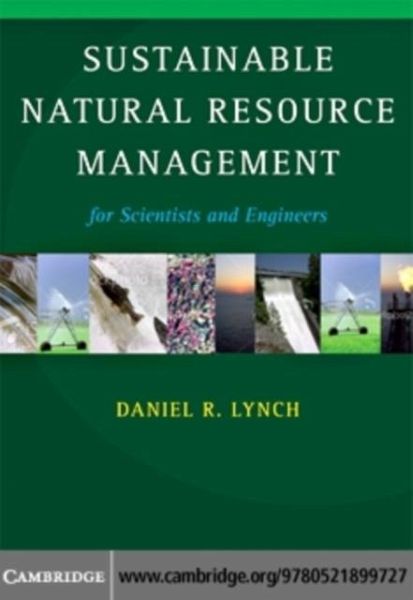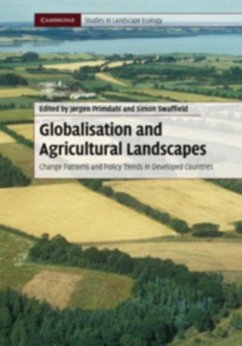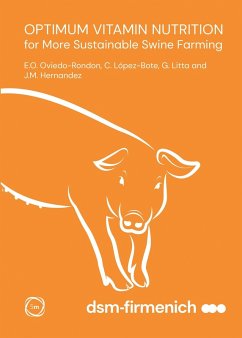
Sustainable Natural Resource Management (eBook, PDF)
For Scientists and Engineers
Versandkostenfrei!
Sofort per Download lieferbar
57,95 €
inkl. MwSt.
Weitere Ausgaben:

PAYBACK Punkte
29 °P sammeln!
Natural resources support all human productivity. The sustainable management of natural resources is among the preeminent problems of the current century. Sustainability and the implied professional responsibility start here. This book uses applied mathematics familiar to undergraduate engineers and scientists to examine natural resource management and its role in framing sustainability. Renewable and nonrenewable resources are covered, along with living and sterile resources. Examples and applications are drawn from petroleum, fisheries, and water resources. Each chapter contains problems ill...
Natural resources support all human productivity. The sustainable management of natural resources is among the preeminent problems of the current century. Sustainability and the implied professional responsibility start here. This book uses applied mathematics familiar to undergraduate engineers and scientists to examine natural resource management and its role in framing sustainability. Renewable and nonrenewable resources are covered, along with living and sterile resources. Examples and applications are drawn from petroleum, fisheries, and water resources. Each chapter contains problems illustrating the material. Simple programs in commonly available packages (Excel, MATLAB) support the text. The material is a natural prelude to more advanced study in ecology, conservation, and population dynamics, as well as engineering and science. The mathematical description is kept within what an undergraduate student in the sciences or engineering would normally be expected to master for natural systems. The purpose is to allow students to confront natural resource problems early in their preparation.
Dieser Download kann aus rechtlichen Gründen nur mit Rechnungsadresse in A, B, BG, CY, CZ, D, DK, EW, E, FIN, F, GR, HR, H, IRL, I, LT, L, LR, M, NL, PL, P, R, S, SLO, SK ausgeliefert werden.













